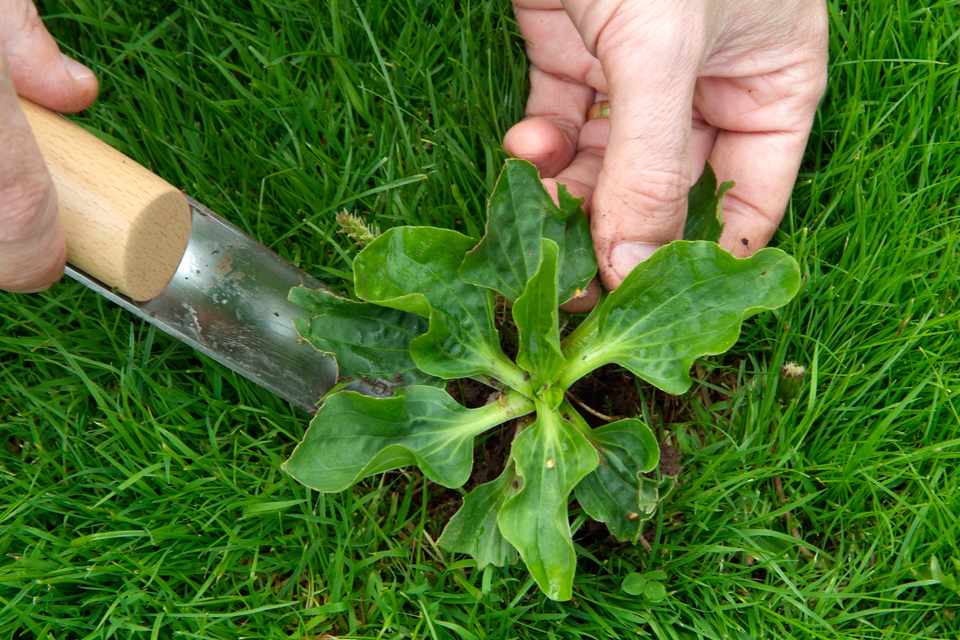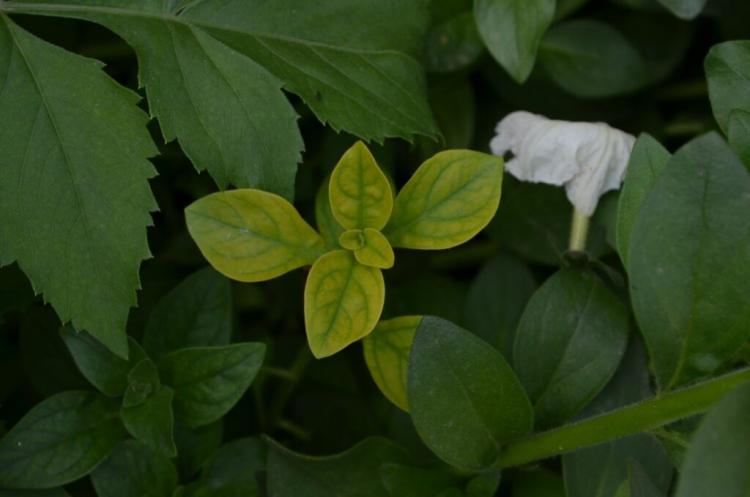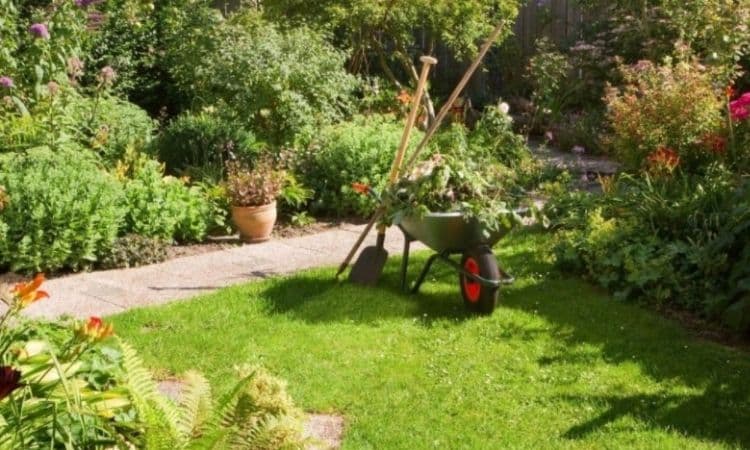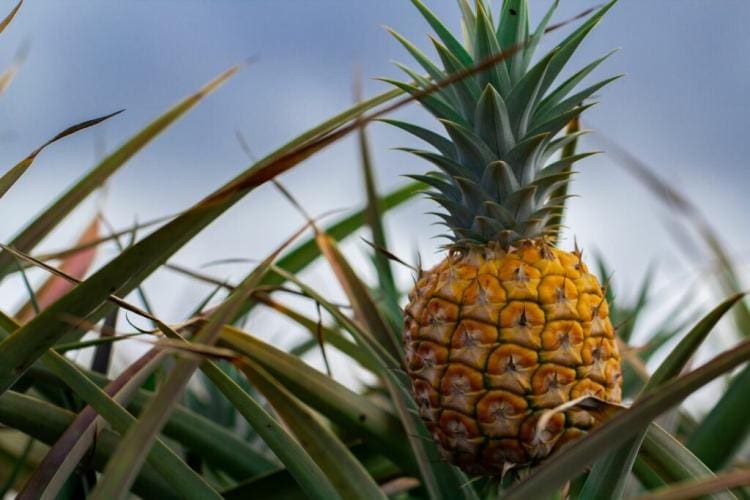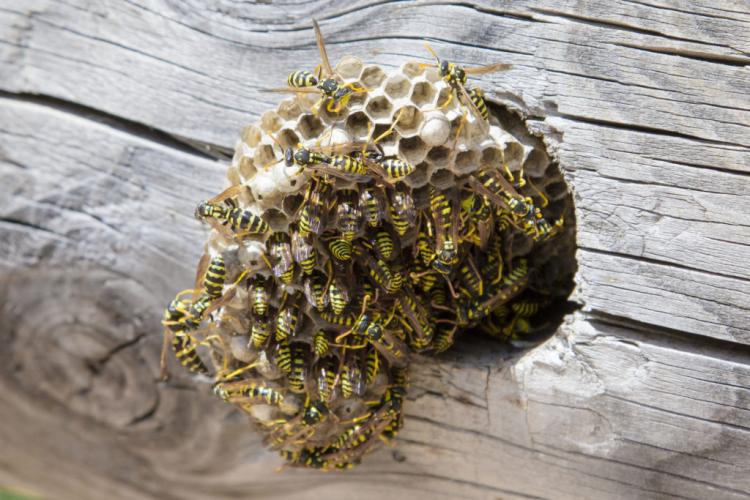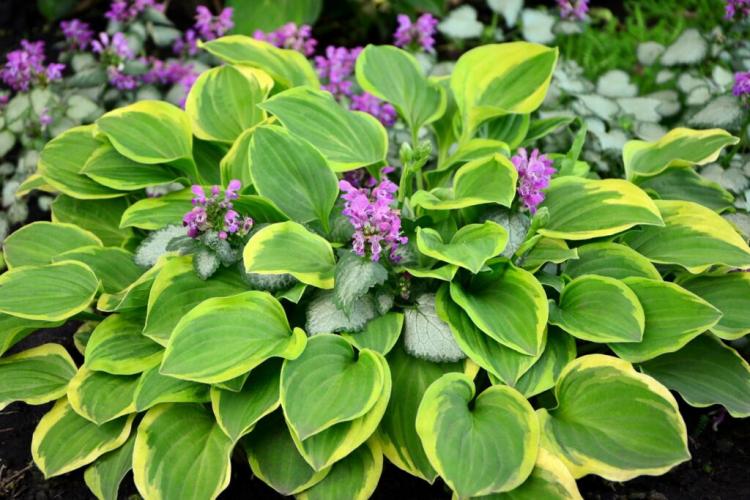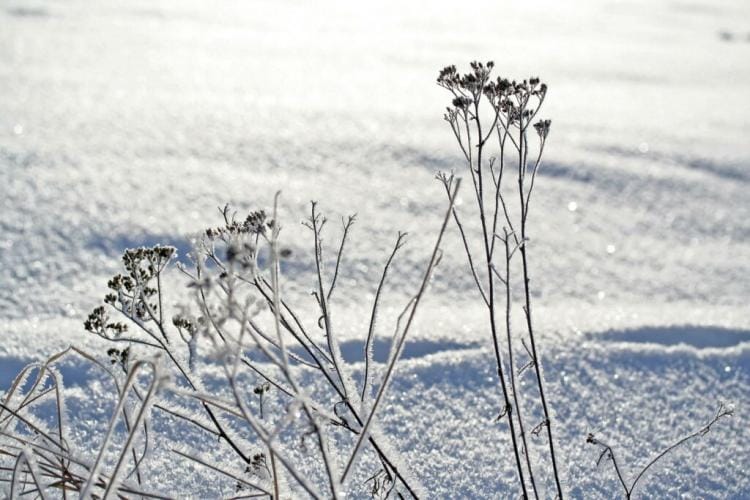Do Weeds Die in the Winter
You know the significant influence of winter on the different plants and trees in your lawn. However, you might be unaware of weed behavior throughout the winter.
Because they must be removed from gardens regularly, weeds are despised by many people. However, can they just disappear during the winter?
Continue reading to learn more about weeds and what happens to them throughout the winter. Knowing far more about what to expect from weeds in your garden over the winter should help you make plans —increasing your expertise to maintain your garden’s aesthetic appeal is always a good idea.
What are the Different Types of Weeds?
Table of Contents
It is difficult to deal with multiple unwanted weed growth if you do not know what type of weeds grow in your garden. This chapter will discuss the different types of weeds, how they complete their life cycle, and how to control them.
Annuals
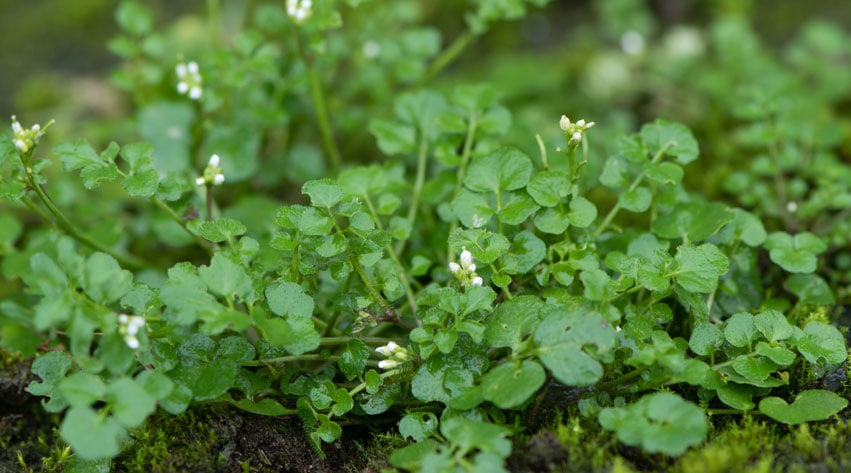
Annual weeds complete their life cycle and reproduce by generating seeds that are then lost after one year. Summer and winter annual weeds are the two primary categories of annuals. Summer annual weeds start their life cycle in the winter and appear in spring or early summer as the soil warms up. Before being killed by frost in the fall, they generate seeds.
Winter is the single growing season for annual weeds, germinating in late summer through the early fall. Summer can limit the germination, then annuals die.
You Might Also Like Plants with Heart Shaped Leaves
Summer Annuals
Summer annual weeds typically grow in the spring and summer. If the conditions are right, many species can grow all summer. Summer annual weeds develop, blossom, set seed, then die from cold weather in the fall. Since many species are more adapted to summer circumstances than desired cool-season turfgrass species, annual summer weeds are frequently challenging to control. Crabgrass, knotweed, and prostrate spurge are a few examples.
Winter Annuals
The seeds of winter annuals sprout in the late summer or early fall. Young annual plants survive the winter, blossom, produce seeds, and then wither and die the following summer. In general, winter annuals cannot endure the scorching summer. Winter annuals will occasionally sprout in the spring, but even weeds that sprout in the spring will wither and die the following summer. Shepherd’s purse, common chickweed, yellow rocket, and annual bluegrass are a few examples of winter annuals.
How to Control Annuals on your lawn?
Thankfully, annuals are far simpler to take care of than perennials. You can easily control summer and winter annuals. Herbicides, mowing, thickening your lawn, mulching, and hand pulling are all methods of controlling them. An annual can also be quickly killed by removing a portion of its roots from the soil. Perennials, on the other hand, require the removal of complete root systems.
Whether you have summer or winter annuals, a pre-emergent herbicide should be used at the appropriate time. It should be applied in the spring to summer annuals. Although it is unlikely effective, spraying a pre-emergent herbicide in the fall can help you control winter annuals.
Due to their lengthy emergence period, a pre-emergent herbicide may be gone before winter annuals have emerged. Post-emergent herbicides like glyphosate can also eliminate annual weeds.
Biennials
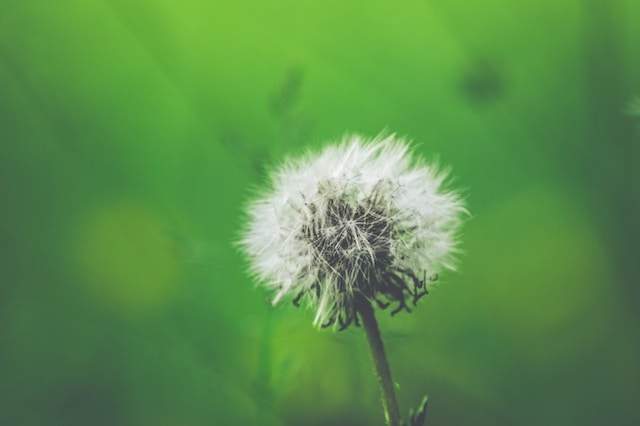
Biennial weeds have a two-year life cycle. They develop rosettes, a plant without a central stalk, in their first year of growth but do not blossom. They develop blooming stalks, generate seeds in their second year, and then pass away. Biennial plants, fortunately, only spread via seed.
How to control Biennials on your lawn?
Biennial plants must have their taproots killed or removed to be removed. You can use herbicides or do it by hand. Additionally, mulch can be used to stop their emergence.
You Might Also Like Fertilizing Basil
Perennials
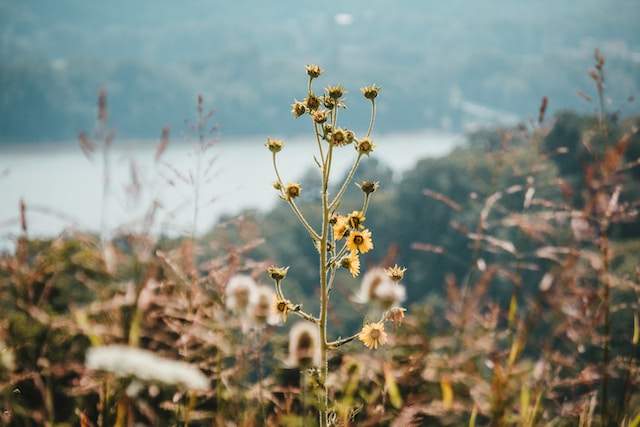
Long-lasting perennials do not wither away after blossoming. They can retain energy during the winter because of subterranean components. Perennial weeds come in two different varieties:
Simple Perennial Weeds
Simple perennials are single-growing plants, sometimes known as solitary perennials. Simple perennials of the same species may grow near one another, but their root systems are separate. They only disseminate by seed. The taproots of simple perennials can be quite big.
Simple perennials include curly dock, plantains, and dandelion.
Spreading Perennial Weeds
Perennials that runners spread might start as seeds. Stolons grow aboveground, whereas rhizomes are runners that develop underground. In a few years, invasive perennials can completely take over a space.
Quackgrass, zoysiagrass, and yellow nutsedge are examples of common spreading perennials.
How to control Perennial Weeds on your lawn?
Perennials are the most prevalent weeds on established lawns and in designed planting areas. The first year is best for weed management. Another batch of weeds may grow if you do not completely cut off their root systems.
Herbicides can also be used to eradicate perennial plants. Some will be killed as they emerge from the ground if a pre-emergent herbicide is used. Post-emergent pesticide is necessary for other weeds. Make sure to shield desirable plants from the herbicide spray if you apply it.
You can also eliminate perennial weeds by encouraging your lawn grass to grow thick. To help it outcompete weeds, mow it at a height of around three inches.
Spreading perennials are more difficult to manage than straightforward perennials. You lay mulch down to stop them from sprouting because they only spread via seed.
Even though spreading perennials tend to grow through the gaps, landscape cloth can help manage them. Using landscape fabric, make Xs instead of circles in the holes you cut to cover the required plants. This will make it harder for weeds to grow.
Perennial weeds are easier to eliminate before they take over your yard than it is to stop weed growth. When you notice one, it is best to dig it up or apply herbicide to the affected area.
So, Do Weeds Die in Winter?
The weeds in your home and garden will be affected when the cold weather arrives.
Generally speaking, cold weather is a weed killer. Thus, you are less likely to see weeds grow throughout the winter. To answer the question of whether weeds die in the winter, additional factors must be considered.
Just because it became cooler outside does not mean you can disregard weeds and act like they are not an issue. You should be aware that weeds leave seeds in the soil when they wilt, which can result in more unwanted weed growth in the future.
To reappear with a vengeance in the spring, the weeds begin to seed the grass as they die off in the winter.
Maintaining a weed control regimen during the winter will help you prevent having a weed problem in the spring. You can go ahead and treat your soil through lawn care to reduce the number of weed issues you encounter.
If you care about weed maintenance, only this will yield decent results, so you should not just kick back this winter.
Frequently Asked Questions:
Do weeds die in the winter or just go dormant?
Some species of weeds die during winter. At the same time, some, like winter annual weeds, fall dormant or semi-dormant and bloom the following spring. Winter annuals will set seed after they bloom; they will wither and die as the weather warms up.
Should I kill weeds before winter?
The most crucial action you can do to eliminate weeds is to kill them before winter. Therefore, it is best to eliminate winter weeds before summer arrives, and they can set seeds.
At what temperature do weeds die?
Below 60 F, weeds may be slowly killed. If applied above 85 F, some herbicides may harm crops. Applying volatile herbicides like 2,4-D ester, MCPA ester, and dicamba in hot weather is not advised, particularly if they will be used close to vulnerable target broadleaf weeds, shelterbelts, or farmsteads.
You Might Also Like Turnip Companion Planting
Will weeds go away in winter?
When the frost and snowfall, your garden weeds will likely die back, but that does not mean they are gone forever.
